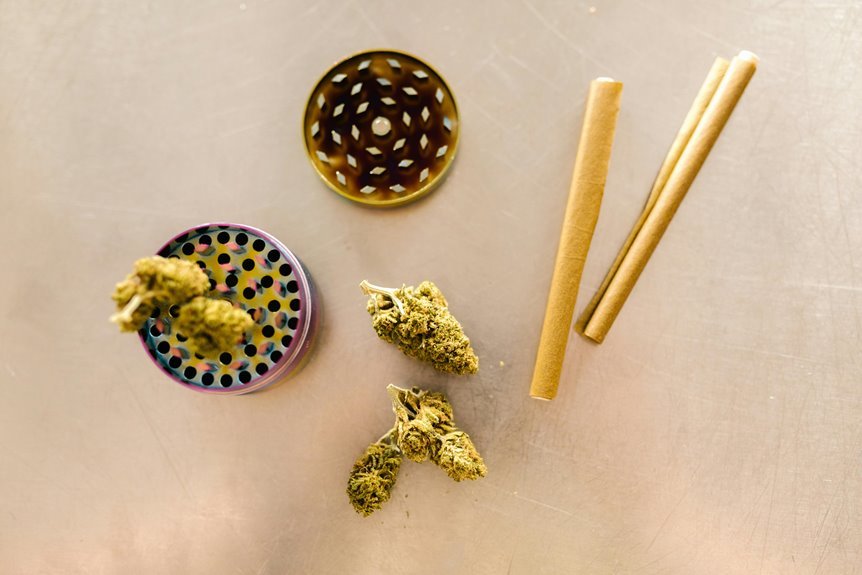Is Smoking Cbd Bad

The debate surrounding smoking CBD revolves around its immediate benefits and potential health risks. While many individuals report relief from anxiety and pain through smoking, concerns about lung health and dependency issues must be considered. Understanding the nuances of CBD consumption is essential. The exploration of alternative methods may reveal safer and more effective ways to harness its therapeutic properties. What implications do these factors hold for consumers seeking relief?
Understanding CBD and Its Effects
Cannabidiol, commonly known as CBD, has gained significant attention for its potential therapeutic effects and is often marketed as a safer alternative to traditional cannabis products.
Research suggests various CBD benefits, including anxiety relief and pain management.
However, the legality of CBD varies by region, necessitating awareness of local regulations.
Understanding these aspects empowers consumers to make informed choices regarding their health and wellness.
The Process of Smoking CBD
Many individuals are increasingly exploring the process of smoking CBD as a method of consumption.
Various smoking techniques, such as joints, pipes, and vaporizers, enhance the experience. Users often seek specific CBD strains, known for their unique flavor profiles and effects.
This method allows for quick absorption into the bloodstream, catering to those who value immediate relief and personal freedom in their wellness choices.
Potential Health Risks of Smoking CBD
Although smoking CBD may offer immediate relief for some users, it is essential to consider the potential health risks associated with this method of consumption.
Concerns about lung health exist, as inhaling any smoke can irritate respiratory systems.
Additionally, while CBD is not considered addictive, the act of smoking may lead to dependency on the ritual itself, introducing potential addiction risks.
Alternative Methods of Consuming CBD
As users seek alternatives to smoking CBD, various consumption methods have gained popularity due to their potential health benefits and ease of use.
Vaping CBD offers a smokeless option that allows for rapid absorption, while CBD edibles provide a discreet and enjoyable way to consume cannabinoids.
Both methods cater to individual preferences, promoting freedom of choice in how one experiences the potential benefits of CBD.
Conclusion
In the quest for relief from anxiety and pain, many turn to smoking CBD, only to find themselves inadvertently inhaling potential lung irritants. Ironically, the pursuit of a healthier lifestyle through CBD consumption may lead to risks that overshadow its benefits. While the immediate effects may be appealing, consumers are encouraged to consider alternatives like vaping or edibles, which promise a safer and more enjoyable path to therapeutic relief, sparing their lungs from the harsh realities of smoke.






